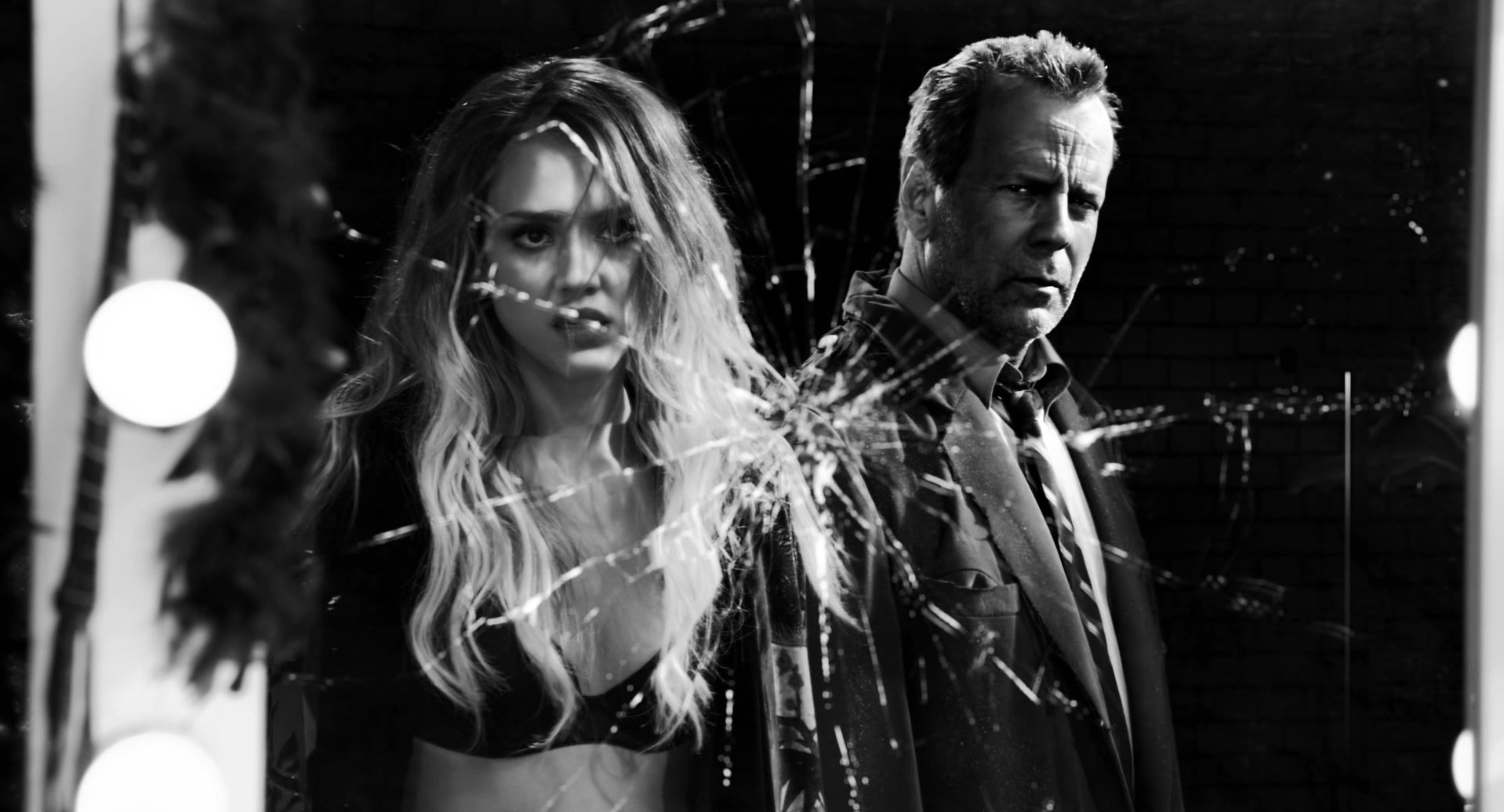Patriarchy Of The Page.
I’ve long been troubled by the assumption that men struggle to write women. Don’t get me wrong, I know why this attitude exists, a review of primary evidence makes a compelling case. Many of our most lauded writers have a womb based blind spot. But why? And why does no one expect women to struggle with their fictional men? Again a purely evidence based approach shows why that’s not a question commonly asked. So rare is it to find a male character badly written by a women that when it happens I get genuinely excited, it’s like getting that rare rogue kit-kat finger that’s got no biscuit…
Of course it’s worth looking at how male characters benefit from bad writing. Speaking only in cliché, incoherent in motivation, lacking in depth and expressing an idealised traditional form of sexuality, the lantern jawed butt kicking hero is just as badly written as his supportively vulnerable bikini wearing girlfriend. That bad writing for men is largely aspirational should not obscure the fact that it is still bad writing.
Even so, men who write human women still garner weird admiring glances of the kind usually preserved for women who write good action. Both men and women have told me this disparity is because women are more sensitive, or emotionally intuitive. That’s the writer’s equivalent of “all black people can dance.”
Page, stage and screen have long been mastered by men who make great show of their sensitivity to the emotions of men. So does a writer’s dick just get in his way? Do claims of equality founder on man’s inability to conquer his genes? Are we actually just the weaker sex? Or do women just get more practice. Still. Even now. Why?
Now we must accept our sample is skewed. The massive under representation of women as screenwriters means there mathematically has to be more bad male writers than female ones. It’s also unlikely that talent is as evenly spread across the female writers we do have. The few that make it are probably amongst the better ones, appalling gender bias robbing us of generations of journeywoman hacks who think all guys only talk about sports. However whilst it’s comforting to think that this disparity is because evil powerful men are blocking women’s way, it’s worth remembering that in the UK most debut writer’s first films aren’t made within the industry. For 70% of the films I watched for BIFA this year no evil powerful anybody was interested enough to be involved. In this context the most powerful voice stopping a woman progressing is an internal one.
Our visual culture has for centuries been defined by the male gaze. This is often thought of merely as disempowering and bad. However it means not that a woman grows used to passively being defined by men, but to actively defining herself through the eyes of others. There is an enforced fluidity to most female identities that is not dissimilar to good writing, to the inhabiting of multiple characters. Women are taught early the need to think like men, to be bilingual in her dealings with the world but writing as a man is cultural English. We are all so steeped in it that for writers of any gender it remains the instinctive first response.
Our screens now are full of women. Some of them even written by women. But it’s fascinating how so many still struggle to truly be protagonist in their own story. How often men have flaws that feel universal but women have failings that are relentlessly personal. How male characters act but women react. If women usually write men as well as men do, the bigger surprise is that they can also write women as badly. Because writing isn’t a genetic act, but a cultural one.
In our culture she is still expected to be constantly alert to other’s thoughts whilst her brother is supposed to shape them. This is the force behind the statistics. Why were only 16% of UK screenwriting debuts from women? Because men are taught not to take no for an answer, even when that’s the right answer. (A theme our industry has played out in very dark ways).

Don’t get me wrong, it’s not all bad news.


Zoe Cunningham December 13th, 2018 at 11:21 am
Great article Ben.
Daniel Cormack December 14th, 2018 at 12:12 pm
This whole argument is absurd. By definition, men can only write something like that scene when Malkovich goes inside his own brain and everyone is Malkovich, talking to another Malkovich saying ‘Malkovich’.
Stephen Daldry had a good answer to this. During the press junket on Billy Elliot he was constantly asked questions like: are you Northern? Did you grow up in a minining community? Were you a ballet dancer?
He just said: no, we did our research and used our imagination.
Extend the logic of this and we get a female screenwriter can’t write men properly, a black screenwriter can’t write white people accurately…blah blah blah
We’ve lost sight of empathy and imagination.
Daniel Cormack December 14th, 2018 at 12:15 pm
As Good As It Gets:
– How do you write women so well?
– I think of a man and I take away reason and accountability.
Shooting People » Ben's Blog » Putting The Man In Manipulation. December 19th, 2018 at 6:01 am
[…] must be reality itself? It’s easy to see how you get there but its nonsense. Good acting, like good dialogue, like all good art, is about truth, not reality. Many of cinema’s greatest performances have […]